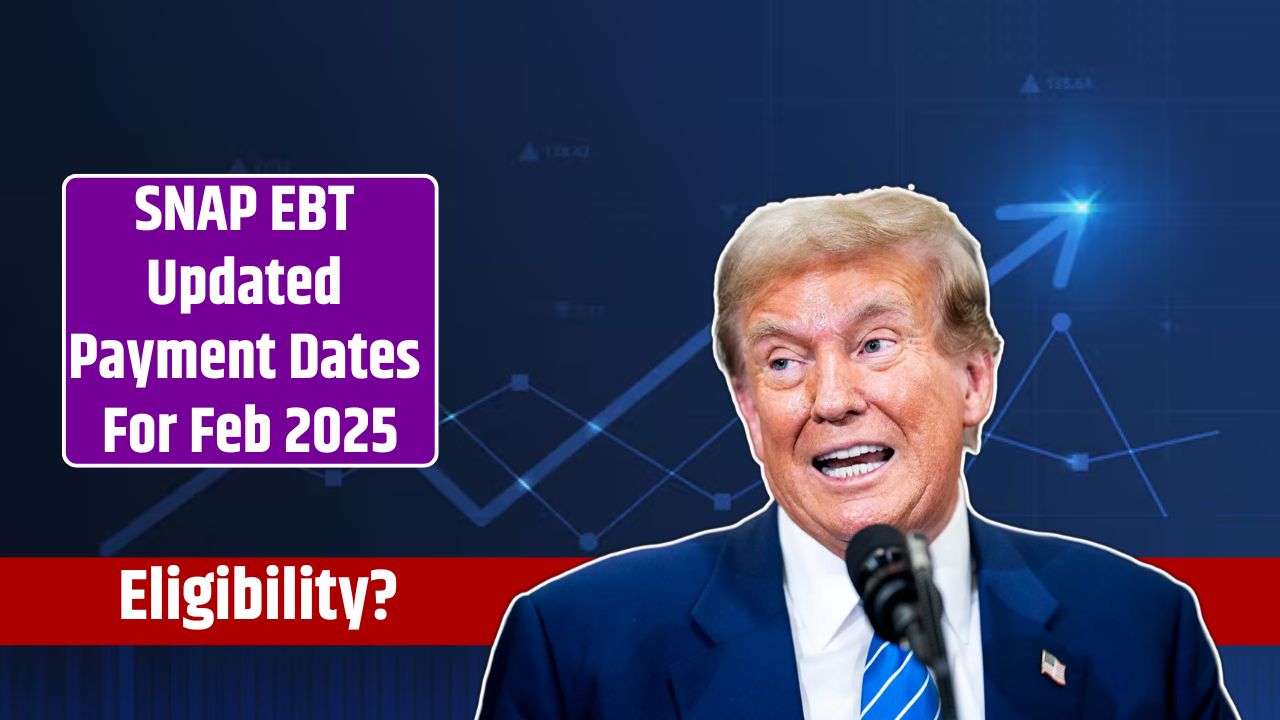Rising costs for essentials like energy and food have made daily life more challenging for households across Birmingham.
To provide relief, Birmingham City Council has announced a one-off £200 Cost of Living Payment, designed to support residents in financial need.
This guide explains who qualifies, how to apply, and tips for making the most of this payment.
£200 Cost of Living Payment For Birmingham Households
| Aspect | Details |
|---|---|
| What is it? | A one-time £200 payment to help with living costs. |
| Who qualifies? | Birmingham residents facing financial hardship. |
| Application Period | November 25, 2024 – March 31, 2025, or until funds are exhausted. |
| How to apply? | Fill out the Expression of Interest Form on Birmingham City Council’s website. |
| Proof required? | Evidence of address and means-tested benefits may be needed. |
This payment forms part of the Household Support Fund, an initiative funded by the Department for Work and Pensions (DWP) to address rising living costs.
Why This Payment Matters
Rising inflation and energy prices have significantly impacted households across the UK. According to the Office for National Statistics (ONS), energy costs have risen by 27% over the past year, with food prices increasing by 19%.
For many residents, this payment will help cover critical expenses like heating bills and groceries, providing a financial cushion during the colder months.
Eligibility Criteria
To receive the £200 payment, applicants must meet the following requirements:
Residency
- Must reside in Birmingham.
- Provide proof of address, such as a utility bill or council tax statement.
Financial Hardship
- Households experiencing financial difficulties, especially with food or energy bills, are prioritized.
- Evidence of hardship may include overdue bills or participation in means-tested benefits like Universal Credit.
One Payment Per Household
- Only one payment per household is allowed within a 12-month period.
- For instance, if a household received a grant in May 2023, they cannot reapply until June 2024.
Application Process
Step 1: Submit an Expression of Interest Form
Visit the Birmingham City Council Household Support Fund webpage to access the form. Fill it out accurately, including details like:
- Full name and contact information.
- Proof of residency (e.g., utility bill).
- Explanation of financial hardship.
Step 2: Wait for Confirmation
After submitting the form, the council will review your application. Responses are typically sent via email within 2–3 weeks.
Step 3: Provide Supporting Documents
If your application progresses, be prepared to provide:
- Proof of address (utility bill, council tax statement).
- Evidence of means-tested benefits (e.g., Universal Credit statement).
- Bank account details for payment.
Step 4: Receive Your Payment
Approved applicants will receive £200 directly into their bank accounts within 10 business days. Residents without a bank account can contact the council for assistance in setting one up.
Key Tips for Success
- Apply Early: Funds are limited, and applications may close before the deadline if the fund is depleted.
- Double-Check Documents: Ensure all required documents are accurate and up to date to avoid delays.
- Monitor Your Email: Check your inbox regularly for updates on your application.
- Seek Help If Needed: If you encounter difficulties, contact Birmingham City Council’s support line for guidance.
How to Use the £200 Effectively
If you receive the payment, plan to use it strategically to maximize its impact:
1. Pay Overdue Bills
Prioritize overdue utilities or rent payments to prevent late fees or service interruptions.
2. Purchase Essentials
Stock up on non-perishable food items and other household necessities to reduce stress during the months ahead.
3. Combine with Other Programs
Explore additional support options, such as energy-saving grants, free school meals, or local community programs to stretch your resources further.
4. Save for Emergencies
If possible, set aside a portion of the payment for unexpected expenses, creating a small financial buffer.
















